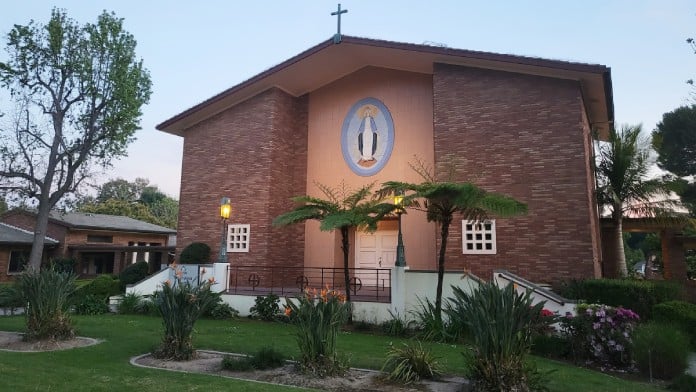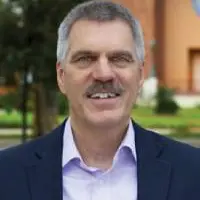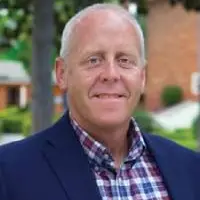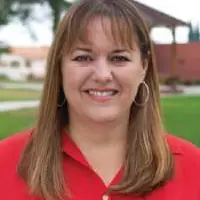About Maryvale
Wraparound services are a form of treatment dedicated to supporting you and your child in such a way that you can receive care without the restrictive environment found in some levels of care. The goal is to prevent disrupting everyday life, so you or your kids don’t have to make big changes to receive treatment.
While receiving wraparound care, you get the support of a multidisciplinary team. Who you work with and how they help is based on your needs, and treatment plans are collaborative, so you remain in control of the program.
I like this approach because it doesn’t require children to enter inpatient care. Both you and your child may feel more comfortable with treatment when everyone gets to stay at home.
Latest Reviews
Thank you for sharing your story and memories of Maryvale. It means so much to hear how your time here had a positive impact on you. Your kind words about the staff, the house mothers, and even the little moments—like the nun dancing in her sneakers—really touched our hearts.
We’re sorry that life took a different path than you had hoped, but please know that your time at Maryvale and the connections you made here will always be part of your story.
Wishing you all the best, and sending you love and gratitude.
The Maryvale Team
Rehab Score
Gallery


Addiction Treatments
Levels of Care
Outpatient Programs (OP) are for those seeking mental rehab or drug rehab, but who also stay at home every night. The main difference between outpatient treatment (OP) and intensive outpatient treatment (IOP) lies in the amount of hours the patient spends at the facility. Most of the time an outpatient program is designed for someone who has completed an inpatient stay and is looking to continue their growth in recovery. Outpatient is not meant to be the starting point, it is commonly referred to as aftercare.
Residential treatment programs are those that offer housing and meals in addition to substance abuse treatment. Rehab facilities that offer residential treatment allow patients to focus solely on recovery, in an environment totally separate from their lives. Some rehab centers specialize in short-term residential treatment (a few days to a week or two), while others solely provide treatment on a long-term basis (several weeks to months). Some offer both, and tailor treatment to the patient's individual requirements.
Treatments
Mental health rehabs focus on helping individuals recover from mental illnesses like bipolar disorder, clinical depression, anxiety disorders, schizophrenia, and more. Mental health professionals at these facilities are trained to understand and treat mental health issues, both in individual and group settings.
Programs
Adult rehab programs include therapies tailored to each client's specific needs, goals, and recovery progress. They are tailored to the specific challenges adult clients may face, including family and work pressures and commitments. From inpatient and residential treatment to various levels of outpatient services, there are many options available. Some facilities also help adults work through co-occurring conditions, like anxiety, that can accompany addiction.
Clinical Services
Research clearly demonstrates that recovery is far more successful and sustainable when loved ones like family members participate in rehab and substance abuse treatment. Genetic factors may be at play when it comes to drug and alcohol addiction, as well as mental health issues. Family dynamics often play a critical role in addiction triggers, and if properly educated, family members can be a strong source of support when it comes to rehabilitation.
In individual therapy, a patient meets one-on-one with a trained psychologist or counselor. Therapy is a pivotal part of effective substance abuse treatment, as it often covers root causes of addiction, including challenges faced by the patient in their social, family, and work/school life.
Life skills trainings involve all the skills a person must have in order to function successfully in the world. These include time management, career guidance, money management, and effective communication. Truly successful addiction recovery is based on the ability to not only live substance-free, but to thrive. Life skills teaches the practical necessities of functioning in society, which sets clients up for success in life, and therefore sobriety.
Staff

Steve Gunther, MSW
President & CEO

Michael Couchman
CFO & COO

Erica Luna Gonzales, MBA
Director of Human Resources & Administrative Operations

Susan Wendell, MBA
VP, Finance
Contact Information
7600 East Graves Avenue
Rosemead, CA 91770